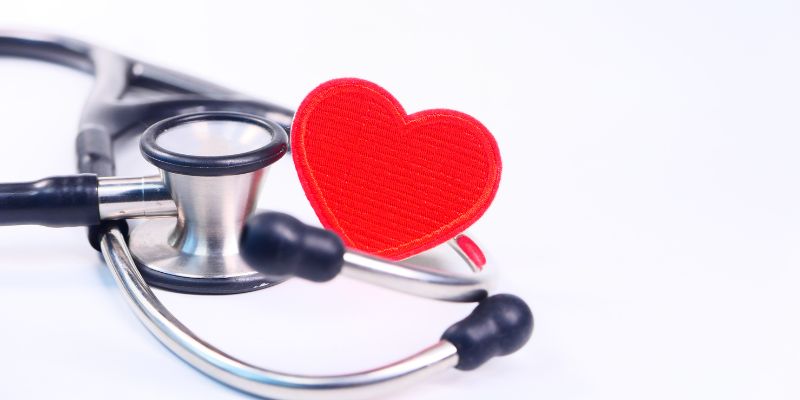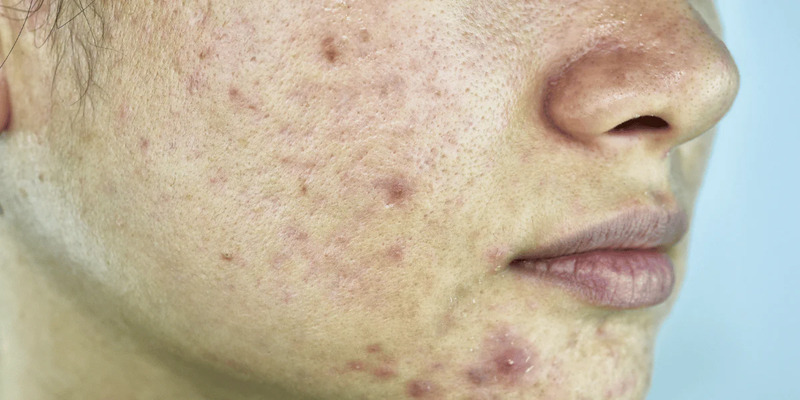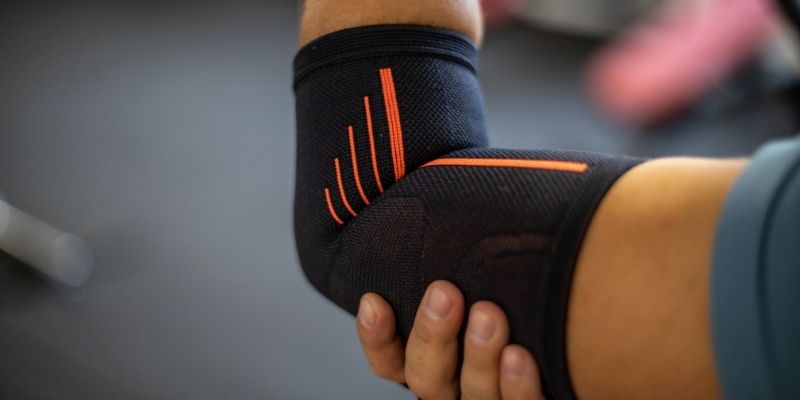Checking your heart health should be a regular part of your routine, whether you're pedaling around Lake Harriet or your monthly to-do list. The risk of heart disease increases with age, previous cardiac events such as a heart attack, and a family history of the illness.
How, therefore, can you evaluate your heart's health? You may have previously had some or all of the several cardiac tests and screenings that doctors utilize, ranging from the more basic to the cutting-edge. Visits to your family doctor or cardiologist regularly ensure you get the appropriate testing at the appropriate times.
It can improve your general health, help you avoid cardiac problems, and manage existing ailments. Getting an electrocardiogram (also known as an EKG or ECG) as part of your annual health screening is a great method to ensure your heart is healthy, check for any signs of heart disease, and eat and exercise.

What is an EKG?
An electrocardiogram (EKG) test is a rapid, easy, and painless way to capture the electrical activity of your heart. The heart sends out an electrical signal every time it contracts and relaxes. The signal causes the four chambers of your heart to contract (squeeze) in unison, allowing your heart to pump blood throughout your body.
As wavy lines on an electrocardiogram, these signals are easy to recognize. Your doctor can use the information in these lines to check for signs of aberrant cardiac activity that could indicate the presence of heart disease or damage. What information does ECG give about a person:
- The regularity or instability of your heartbeat.
- How rapidly your heart is pumping.
- The rate and duration of the electrical impulses traveling through your heart.
Sometimes, an electrocardiogram's data can be used to assess the heart's chamber sizes and locations. When diagnosing symptoms of a cardiac problem, an electrocardiogram (ECG) is generally the first test performed. This test is sometimes included in a more comprehensive cardiac evaluation called a stress test, which can be performed in a doctor's office, an outpatient clinic, or a hospital before surgery.

The EKG Procedure
As a part of this procedure, you will be required to lie down. The healthcare practitioner will disinfect several places on your arms, legs, and chest before attaching little patches called electrodes. Shaving or trimming the affected areas may be essential to improve patch adhesion. The patch count might be low or high.
The patches are wired to a device that converts the heart's electrical impulses into wavy lines that may be printed out. The doctor looks through the lab findings. You must keep completely motionless throughout the treatment. A provider may also ask you to hold your breath briefly during the examination.
The individual has to be kept warm and motionless throughout the recording of the ECG. For a more complete picture of how the heart reacts to exercise or mild stress, this evaluation may be performed during such periods. This electrocardiogram is sometimes referred to as a stress test.
Other Screening Tests For Heart Health
Cholesterol
Patients with excessive cholesterol are more likely to suffer from cardiovascular disease later in life. Cholesterol is treatable, and the good news is that it may be managed with either medication or behavioral adjustments.
A cholesterol test, also known as a lipid panel or lipid profile, may tell you whether or not your cholesterol levels are too high to cause heart disease, which is why your doctor may recommend one if they have any concerns. The risk of developing clogged arteries and subsequent cardiovascular issues like heart attacks and strokes may be estimated using a cholesterol screening.
Starting at age 18, those with normal cholesterol levels should undergo testing every four to six years. You should expect more regular checks and examinations from your doctor if you have a history of heart disease in your family or if you have high cholesterol.
Blood Pressure
Hypertension (high blood pressure) is associated with a raised danger of cardiovascular disease and stroke. Although over 30% of individuals have hypertension, many are likely unaware of their condition. It is vital to undergo frequent blood pressure checks since most people with high blood pressure do not feel symptoms.
A person's blood pressure should be less than 120 over 80 mm Hg when measured at home. Patients whose blood pressure is consistently higher than this can control it with diet, exercise, and medication. When you're 18, your doctor at Mercy Health will begin conducting routine checkups.
Even if you have normal blood pressure, the doctor will check it every visit. You will be constantly watched if you have high blood pressure until it is consistently less than 120/80 mmHg for an extended time.
Stress Test
Most of us would like to lessen our stress levels if given the chance. However, stress benefits heart stress testing and can even boost health and well-being. During a cardiac stress test, your doctor observes your heart's response to physical exertion.
A cardiac stress test involves exercising (usually walking, jogging, or riding a stationary bike) in a doctor's office while vital signs (such as blood pressure and heart rate) are monitored. Symptoms can be diagnosed, or changes in heart function can be studied using data gathered from a cardiac stress test.
Blood Glucose
People with prediabetes or type 2 diabetes have higher blood glucose levels, making them more susceptible to developing vascular disease. If you have diabetes and you don't control it, your life expectancy might drop by 5-15 years, depending on how old you are when you find out you have it.
Monitoring your blood sugar if you are overweight and have at least one other risk factor for cardiovascular disease is recommended. Regular screening for diabetes will begin at age 45 and will be repeated every three years if you are at high risk.
Conclusion:
The heart and blood arteries make up your cardiovascular system. Your doctor will review your EKG to ensure your heartbeat and rhythm are regular. If your numbers are off, it might indicate cardiac trouble. The abnormality in your EKG will determine the precise diagnosis.
Additional testing for heart health may be required before a diagnosis may be made. You can discuss the implications of your cardiac test findings with your doctor. What is the best test for heart problems, and what is the EKG screening age? Your heart-related queries are all discussed here.







